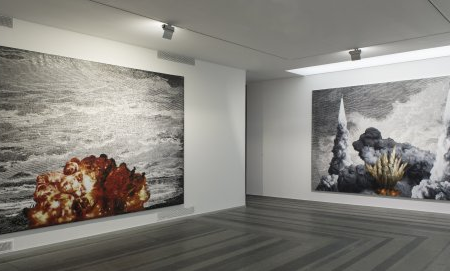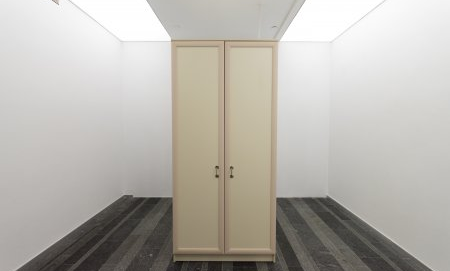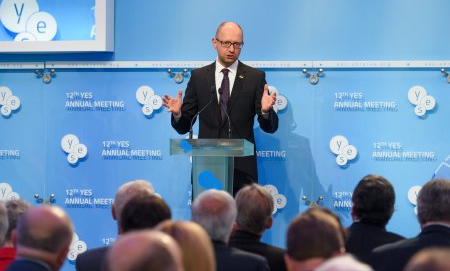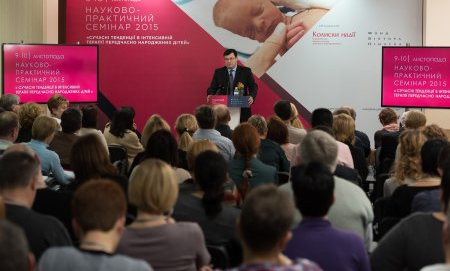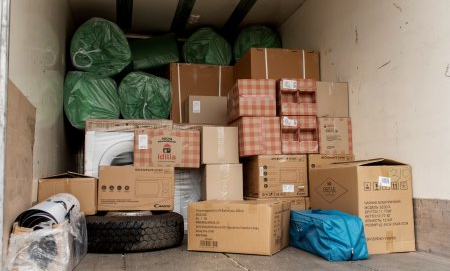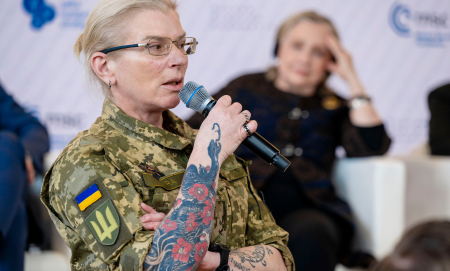News
Victor Pinchuk Foundation and YES Held Discussion “Stay in the fight - Next Steps” during YES Informal Gathering in Kyiv
On 24 February 2023, the Victor Pinchuk Foundation and Yalta European Strategy (YES) held a discussion “Stay in the fight - Next Steps” on the occasion of the informal gathering One Year - Stay in Fight dedicated to the first anniversary of Russia’s brutal and unprovoked full-scale invasion of Ukraine. Speakers discussed the next steps that Ukraine and its Western allies need to take to ensure Kyiv’s victory on the battlefield and rebuild the country.
Gillian Tett, Editorial Board Chair, Editor-at-large, Financial Times, moderated the discussion. Among the speakers of the panel were John Herbst, Senior Director, Eurasia Centre, Atlantic Council; Geoffrey Nice, Emeritus Professor Law Gresham College London; Chair of China Tribunal, Chair of Uyghur Tribunal, Geoffrey Nice Foundation; Alicia Kearns, Chair of the UK Foreign Affairs Committee, House of Commons; Oleksiy Chernyshov, Naftogaz CEO and others.
John Herbst spoke of the importance of bipartisan support in the US Congress of the policy towards Ukraine, in particular, as regards to sending weapons: “They need to work together to explain to the American people why $50bn of American aid a year is a bargain for American defence. With that $50bn a year, which is both military and economic assistance, and represents roughly 6% of our defence budget, Ukrainians have destroyed up to 50% of Russian conventional capability. That’s a really good ratio.”
Commenting on Russia’s anticipated offensive, he said: “Russian progress in this offensive can be measured in millimetres, whereas in spring it could have been measures in kilometres, may be, or hundreds of metres. We know the answer to current problems and the answer is Atacams.”
“I have no doubt that we’ll send F-16 and Atacams to Ukraine, I just want it to be in the next sixth months and not in a year and a half from now,” he concluded.
Oleksiy Chernyshov touched upon the situation in Ukraine’s energy sector: "We have managed to go through this winter, the most critical winter in the history of Ukraine. And I am happy to announce that we are completely fine with the volumes of gas, we have solved the fuel and oil crisis. Moreover, the fact that there is electricity in this building is the answer to a question of whether we managed to overcome the energy crisis.”
He added that Ukraine will focus on power generation from its own sources to cut reliance on imports: “I believe that Ukraine will not import gas anymore despite the fact that the situation might get worse and things change. This is a great step towards energy independence.”
“Our task this year, and I think that this is happening right now and we are witnessing this, is to become both politically and energy independent,” he stressed.
Alicia Kearns said: “We have to work out how quickly we can offer long-range missiles to Ukraine. We also have to change the conversation that we have in the defence industry.”
“The UK can also help in terms of sanctions. Belarus, Iran, the Wagner group - we need to do more on sanctions to suffocate Putin’s war machine and the finance behind it.,” she added.
Volodymyr Tarshyn, Deputy Head of Kharkiv National Air Force University named after Ivan Kozhedub, stressed the importance of winning the information war against Russia: “I’m deeply convinced that we will not win this war once and for all, reaching the national borders as of 1991, until we win the information war in Russia.”
“To defeat Russia on the battlefield now pushing its forces back to the borders as of 1991 means that at some point we will have to fight with Russia in the future again. Only at that time, these will be our children, who will have to do that. To protect our children from this we need to win the information war,” he added.
Jeoffrey Nice raised the issue of the need to establish an international tribunal for Russia’s war crimes committed in Ukraine: “It was obviously crimes against humanity from the 2nd or the 3rd week. And it was war crimes from the same period of time. And in each case they were attributed to Putin because there is no doubt about the chain of command. Governments around the world should start the process of fixing criminal responsibility and identifying the moral right and the moral wrong, because that will enable Ukraine to move forward when the fighting ends.”
Video from the discussion panels will be available on the YouTube channel @PinchukFoundation
Photos are available at https://yes-ukraine.org/













